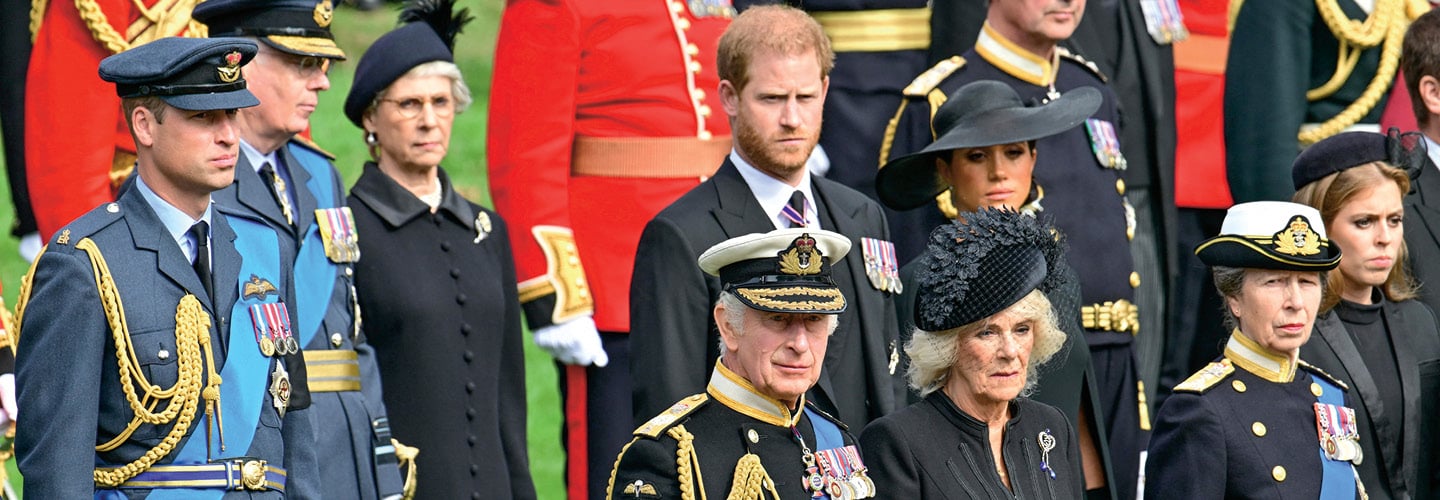Despite periodic calls over the past 50 years to abolish the British monarchy, the institution remains widely popular with the British people. Almost 70 percent of Britons surveyed last fall said they support the continuation of the monarchy.
The British monarchy, which traces its roots back more than 1,000 years, has a long and distinguished history of being a constitutional monarchy. Under this form of government, the United Kingdom has a monarch as our head of state while an elected government makes policy and manages the country’s daily operation.
But having a king or a queen has proven to be incredibly important in maintaining the stability of our political system. In a world where we’re rapidly polarizing into deeply opposed camps, what pure democracies lack is somebody who can embody consensus and rise above partisan divisions. That’s the function of the British monarch in our society.

